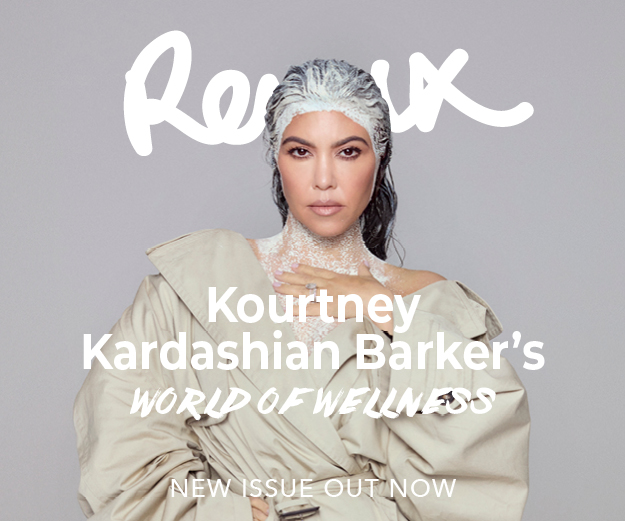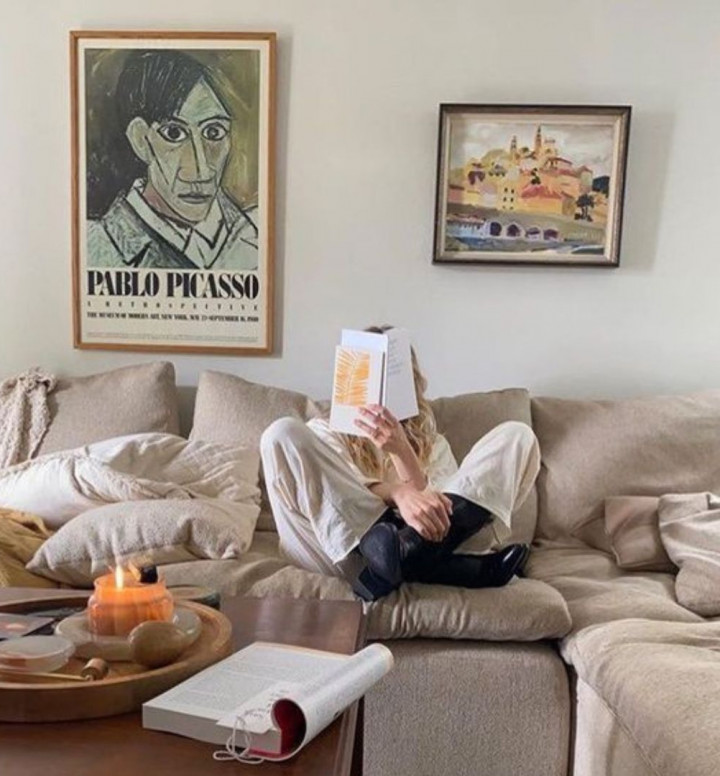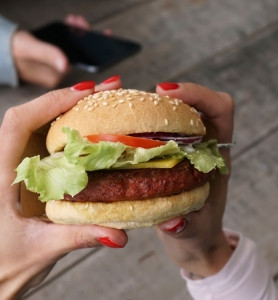Remix chats with George FM Drive radio host and Movember Ambassador, Brook Gibson
The month of November not only marks the start of holiday season, it also marks a month of reflection and support for men's health. The topic of men’s health and men’s mental health is often overlooked and left unspoken about. The ‘Movember’ campaign encourages men to talk with each other, to prioritise their overall health and to ask the important question - “Are you ok?”
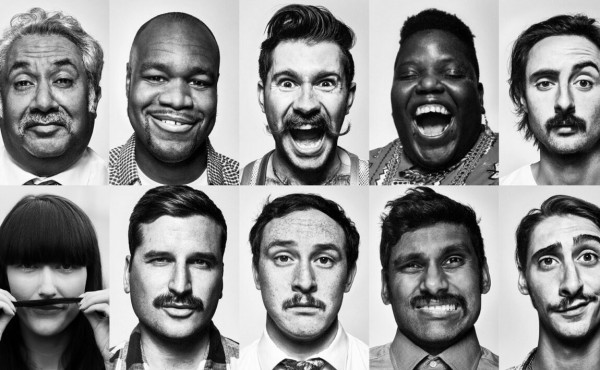
This year marks the 20-year anniversary of this significant campaign that has changed and saved lives worldwide. This bristly idea was conceived in a bar in Fitzroy, Australia igniting a movement that would transcend borders and change the face of men's health forever. The movement, known as Movember, united people from all walks of life, inspiring them to use their faces as walking, talking billboards for men's health. A humble gesture that has sparked billions of important conversations, raised vital funds and shattered the silence surrounding men's health issues.
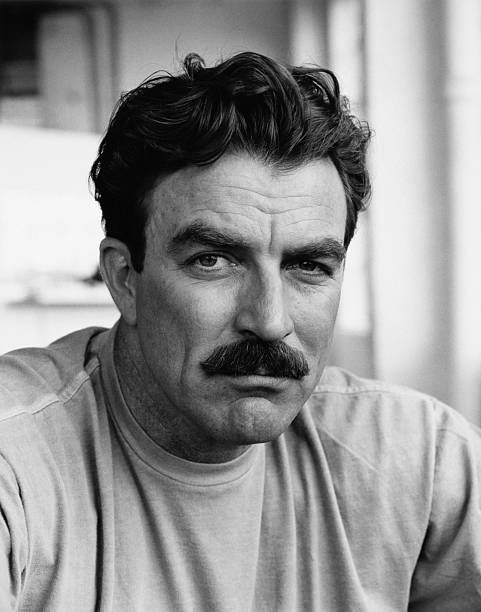
Although Movember is a 30-day campaign, it’s vital to understand that men’s health is important every day of the year. The Movember campaign encourages men to adopt healthy habits around their health, engrain it into their daily lives and make these healthy habits stick. Often, some of the issues affecting men can seem so substantial that they can be hard to comprehend what to do with. But, if you prioritise yourself and make an effort to check in and look after the important men in your life, together we can all create really positive change.
Remix tapped George FM Drive radio host and Movember Ambassador, Brook Gibson on how he takes care of his health, what the Movember campaign means to him and his advice for those seeking to prioritise their health better.
How did you come to the decision to get on board as a Movember ambassador?
In all honesty, I don’t recall a specific defining moment where I felt like I was getting on board as an ambassador as such. I’ve been behind the cause for years, it’s a movement that resonates with me, be it through my personal mental health journey, friends who’ve had their own battles or prostate cancer that has affected close whanau members. As of the last few years though I’ve been lucky enough to create a platform where I can then amplify the Movember voice, so it's almost like I’ve fallen into the space through natural progression rather than waking up one morning and going, “ya know what, today I become an ambassador for men's health”.
What has it been like working with Movember? Have there been any highlights so far?
It’s always been a pleasure to work alongside Movember, they’re a small tight-knit team that punch above their weight with the sheer amount of mahi they tackle. They’re forever finding new ways to engage with the community they set out to help, they’ve got a raft of initiatives and tools online for anyone to utilise and they never waver from their core beliefs and mission. It's also always a highlight attending one of the Movember breakfasts that incorporate a bunch of guest speakers from all walks of life, hearing the mental health journeys of others and how they’ve navigated these is always so insightful.
What are you doing this year to raise awareness for Movember?
So this year to raise both awareness and funds for the great cause I’ve re-ignited a cheeky wee initiative of mine from many years ago, ‘Blood, Sweat & Beers’. A weekly fun run that takes place at Westhaven Marina every Thursday. Departing from the iconic Swashies, we do a hot lap to the bridge and back, covering 4 km in total, at a very user-friendly pace of course. Finishing back up at Swashies where you can tuck into a frosty pint whilst catching up with mates, meeting new ones and just generally checking in on each other. Being a group setting it's a great way for some to get the motivation to come out and get it done, safety in numbers! Also thanks to my mates at Speights, on the final run of the month, any good sort that's made a donation to my Movember campaign will get one of those frosty boys on the house, how good!
How’s your ‘stash' coming along?
Look, I usually run a ‘stash year-round, so I don't know if that old yarn about shaving regularly then means hair grows back quicker is true, but it actually takes a decent couple of weeks before I’m starting to show real growth. So at this stage, it's a little lacklustre, but once I hit 3rd gear, watch out cowboy. Also this year I’m attempting a handlebar-type set up, a real rude operation.
How would you describe your relationship with your overall health and taking care of yourself, as well as your mental health?
Waves, it comes and goes in waves. That's an easy way to describe my relationship with both my physical and mental health. There are some periods when I'll be on the fitness train, this usually is spurred on by some kind of end goal. Half marathon, triathlon, indoor football, that kind of thing. Then there are periods where I'll go for months where I'm just in sloth mode, doing jack all fitness-wise.
Obviously, mental health and fitness go hand in hand, the release of endorphins from workouts and being generally healthy and looking after your body has a very immediate and real flow on effect to my mental state. Recently though I’ve been exploring other avenues to build a better, healthier mental state. I’ve started to see a therapist, I’ve been doing early morning ocean dips, limiting screen time when I can, attempting meditation (this is hard with ADHD) and reading more, also bloody hard with ADHD.
One of the biggest and probably hardest shifts in mindset to help mental health has been my relationship with partying. The role and line of work I'm primarily in is just full noise, go go go. There’s always another gig on, there's always another open bar tab, and there's always another after-party. I subconsciously put pressure on myself to always be “ON”, to be the Brook people have an image of or idea of in their head from hearing me on the radio or seeing me play out. This coupled with the impulsivity of ADHD means it's far easier to be a yes person than a no. But by starting to “pick my battles” I’ve seen a payoff in the positive effects on my mental health.
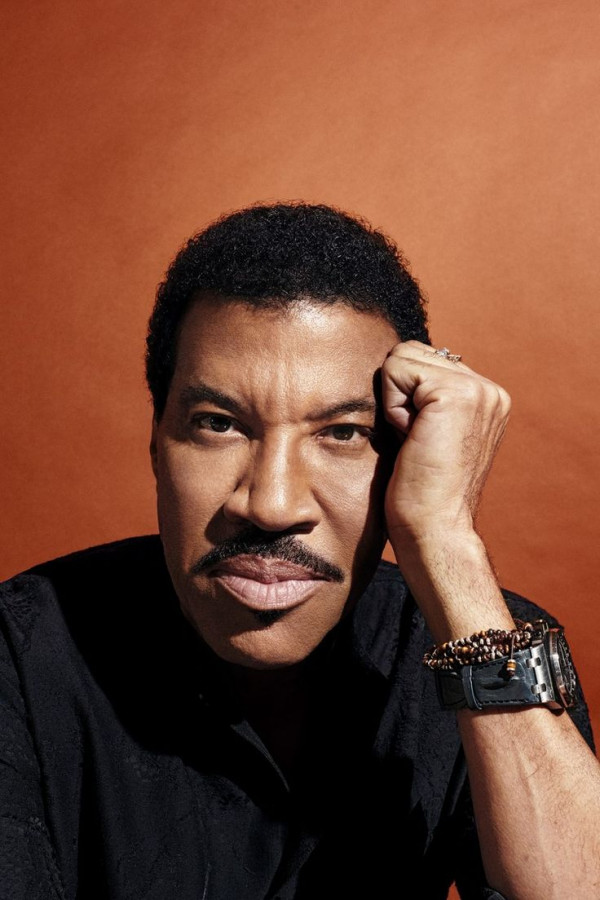
Are you comfortable having conversations with your mates about health-related topics?
Absolutely, though unsure if I would say I always was. But that may come with age, understanding and practice. Once you get over the initial internal second-guessing about opening up about any health-related chats with mates or family, it just becomes a lot easier once you've made that start. What’s that saying? A problem shared is a problem halved or something. Anyway, get those convos started, eh!
How do you find your group of friends navigate these conversations?
I feel lucky to have a friend circle that’s very open and easy to chat with regarding conversations about mental or physical health. Unfortunately, I hazard this isn’t the case for many out there, or maybe they just think that’s the case, so struggle to open up these lines of convo with their own mates. There's only one way to find out though, you may be surprised with how you’re received, and if it's not the ideal response you’d be hoping for, then don’t be discouraged, just find the friends that are there for you.
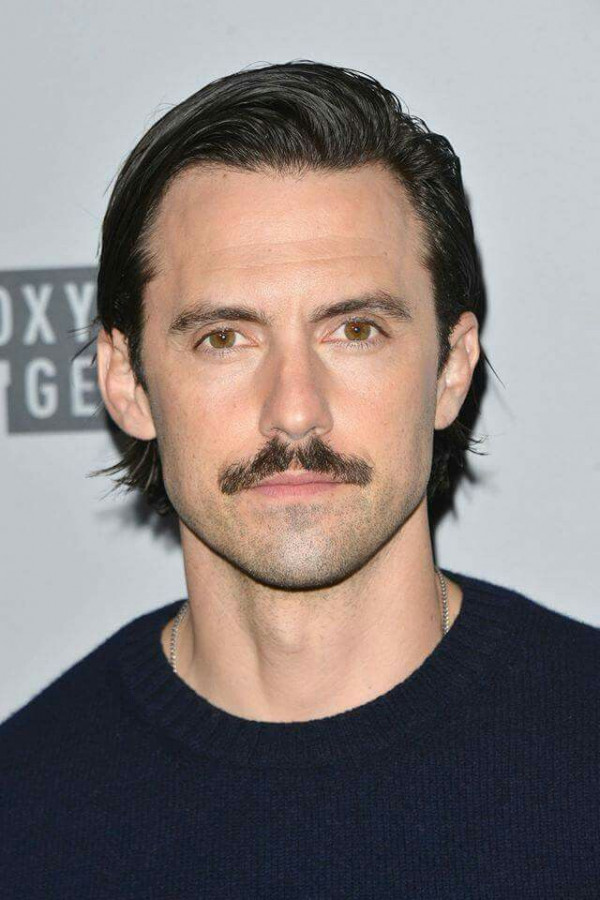
As a popular radio show host, how do you encourage these conversations for your listeners?
This is an interesting, but simple one. I will just be as open about these topics as possible whilst on air or on socials. Being known as that lunatic hyperactive guy from the radio is great, and 90% of the time that's the role I play. But when I move into the other 10% and openly and genuinely chat about things like my ADHD, or mental health and the Movember cause, there is a real cut-through with the listeners, it’s like they don’t expect it from me, so when they do hear it, maybe it gives them a bit of courage or mana to make some moves themselves. I often receive messages personally or on the text machine following segments where I do open up, thanking me for doing so or sharing their own struggles or insights. I like to think that by replying to each and every one of these too, not just blurting out some chat on air, but actually following up and responding to those who reach out, can make all the difference.
Growing up, what was your relationship like with the men in your life? Were having conversations around men’s health easy to have?
I’ve been lucky enough to have great relationships with the men in my life, my father Kevin, his father and my pop Maurice. They taught me all sorts of life lessons, both with how to act and carry myself but also tangible life skills. However I don’t think mental health was ever really massively talked about, not for the hesitation of having a negative response, but I don’t know, it just never really was a thing that came up?
Do you have any advice for men who struggle to talk to their family members about health-related issues?
Start off in a way that's comfortable for you. You don’t necessarily have to sit down at the table like you’re in a board meeting to have these chats. Maybe it's out on the golf course with a mate or family member, maybe it's while you're taking a trip to the beach or on a long car ride. Somewhere there is also something else happening around you, that may take the edge off, giving each person or people time to absorb and react to the conversation at hand, while not sitting in awkward silence. Also, you may not know why or what exactly your feeling and that's fine, but letting someone know this is also valid and can help, “I’m feeling really anxious this morning but I don’t know why, I can’t see an obvious reason, but I’m just not great today”. You’ll be amazed by how getting something as little as that off your chest can help.
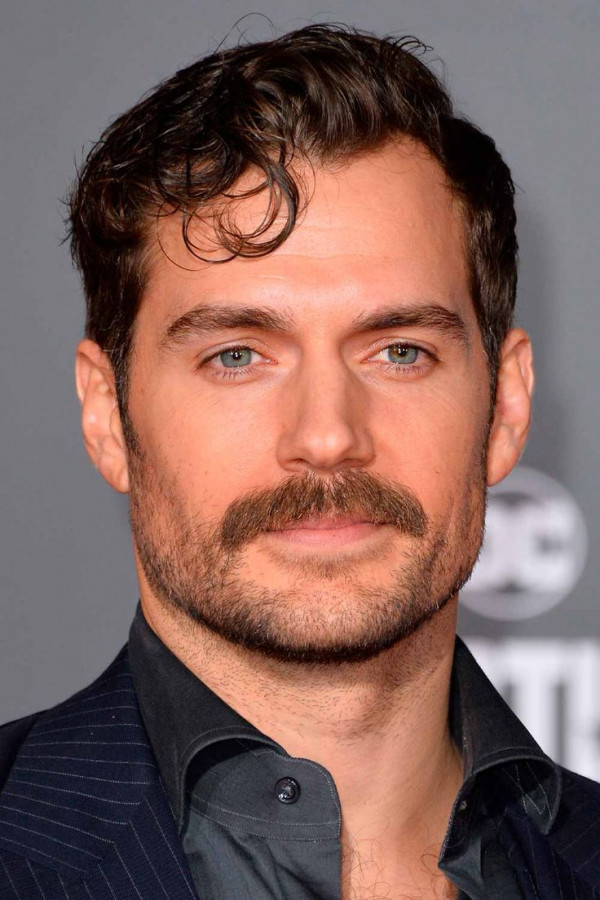
What would your advice be to men who don’t prioritise their health the way they should?
It’s a tough one, as everyone is at different stages of their life and mental health. Sometimes it feels like a luxury to look after your health, and in many ways it is. But the very real flow-on effects for both yourself and others around you for being healthy inside and out are untold. Start off easy too, set some extremely achievable daily or weekly goals and start the journey.
Why do you think there can be a stigma around men’s mental health?
Generational and societal norms would be the big one. For generations, it was often looked at as a weakness in men to show emotion, talk about feelings, cry etc. Times are definitely changing though and that is from massive pushes from organisations like Movember.

Why do you think some men don’t prioritise their health at times? Is it a fear-based thing? Could it be a “too hard basket” kind of thing? Or is there something else?
An endless raft of reasons this could be. Like fathers pushing the limits to provide for their families, working extreme hours, eating poorly, and burning out. Others may take the path of least resistance, some may be worried about what they may be confronted with when they begin a health journey, be it mental or physical.
Is there anything else you would like to say to our readers?
Check in on ya mates, the quiet ones, the ones you haven’t heard from in months, the ones that may keep bailing on plans, the loud ones always cracking jokes, all of them, there's many ways of masking poor mental health. And if you can, get out for some kind of group activity or fitness, keep the friend circling and community pumping!
Want to do your bit to support? You can donate here.


